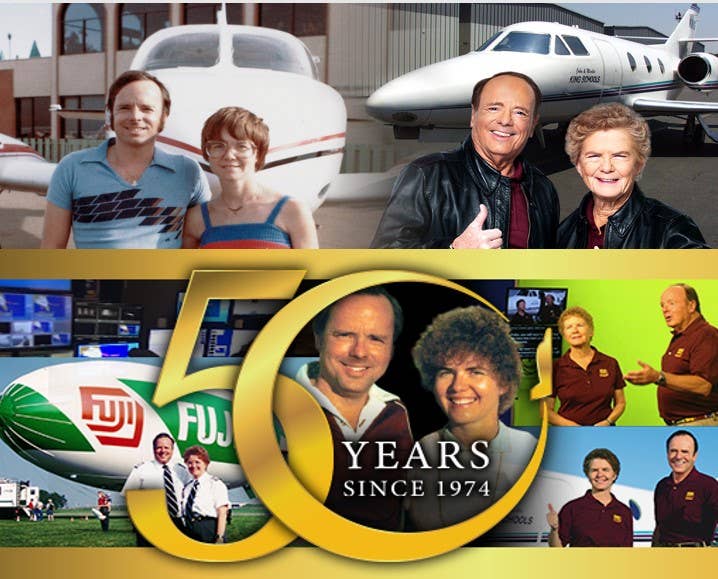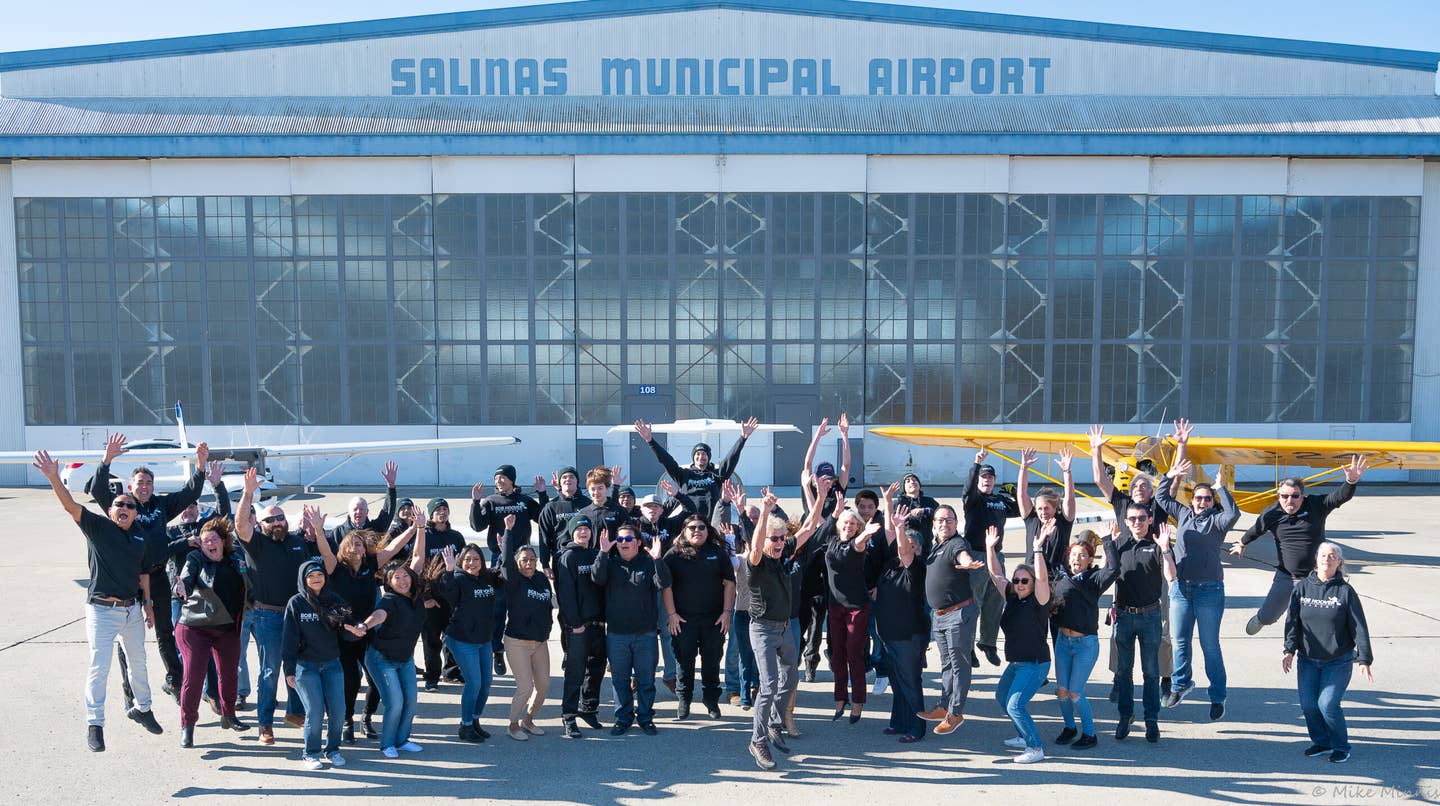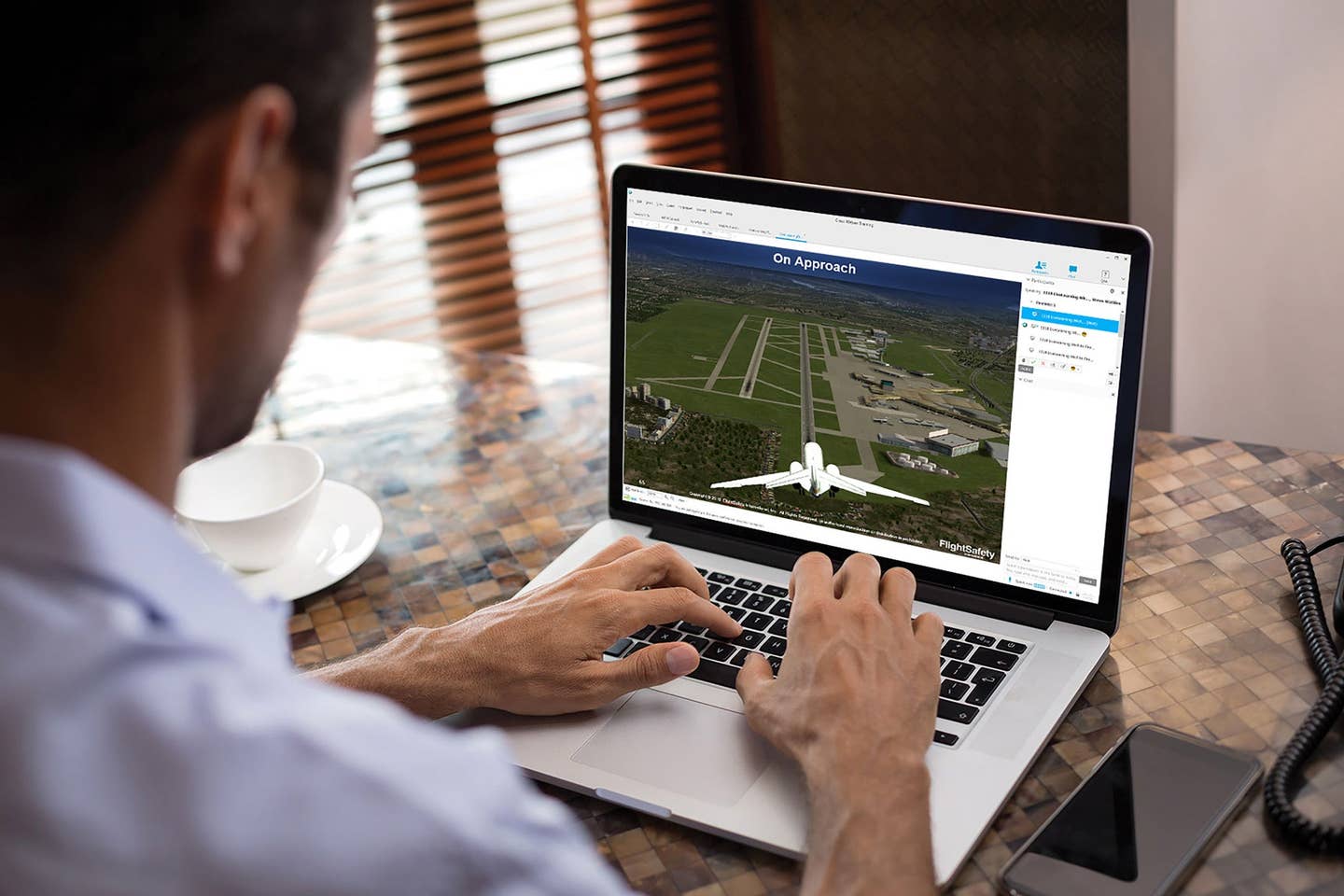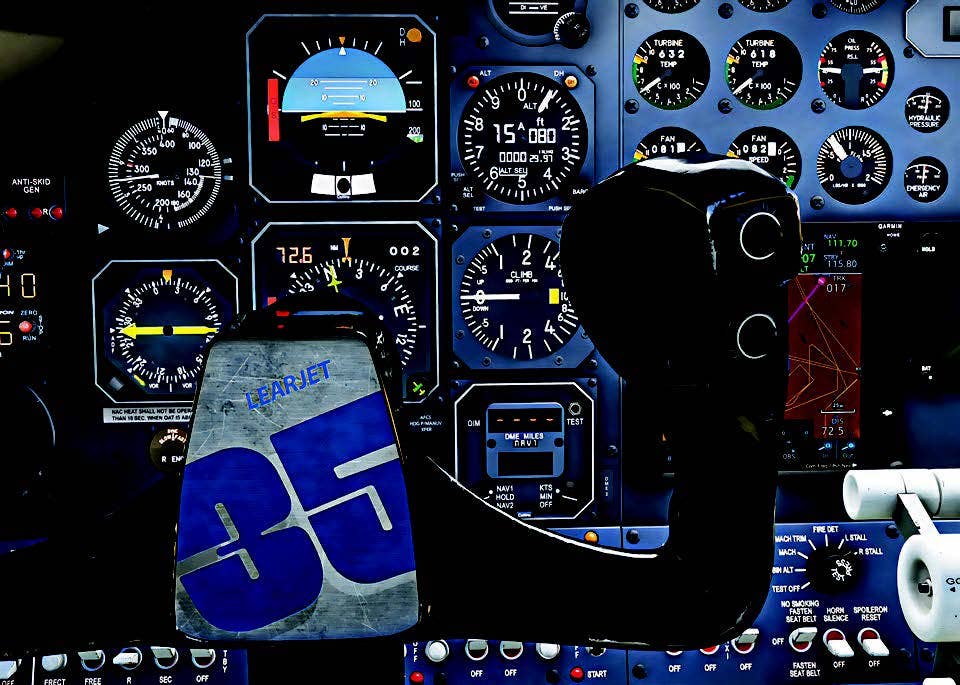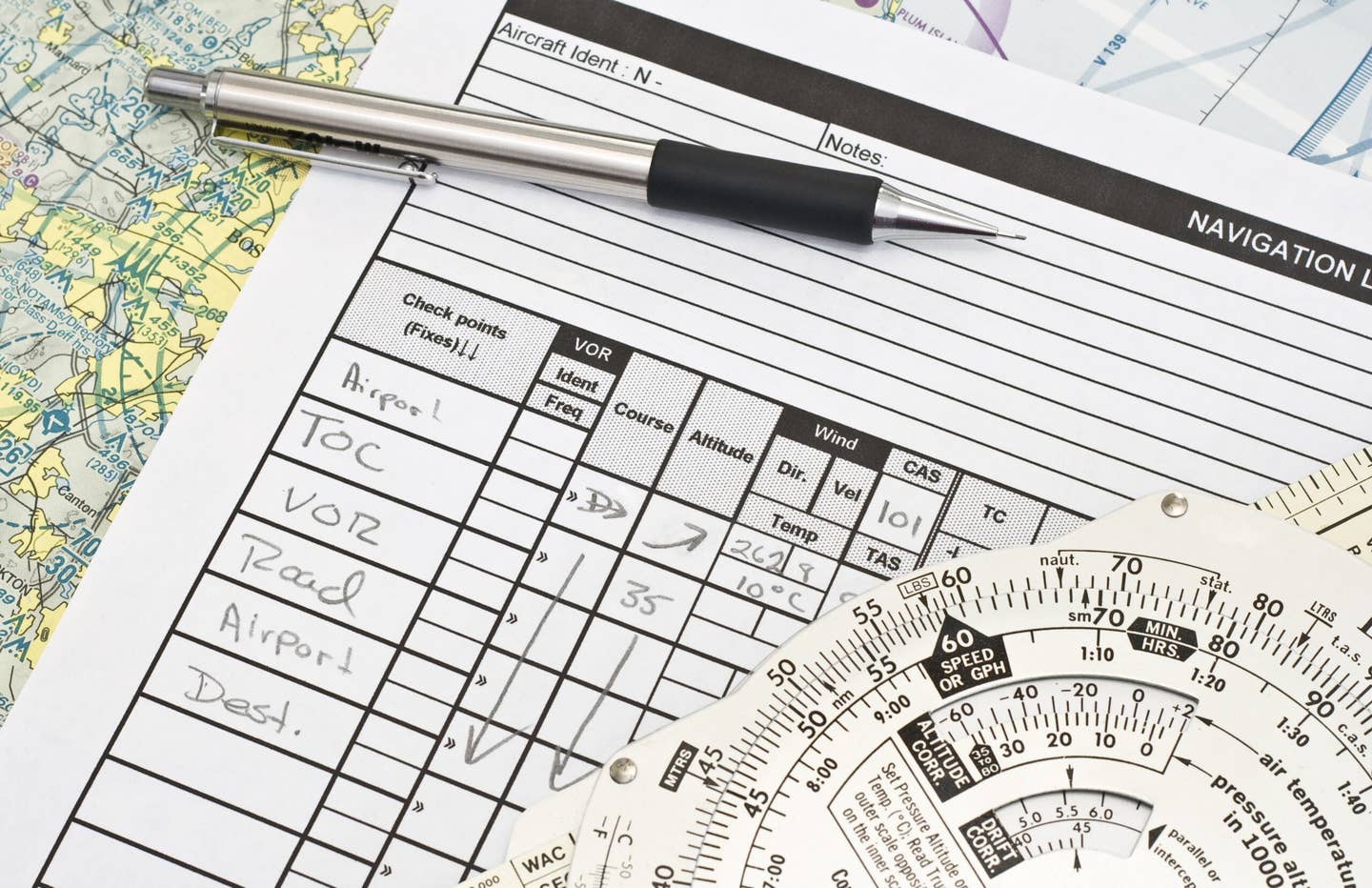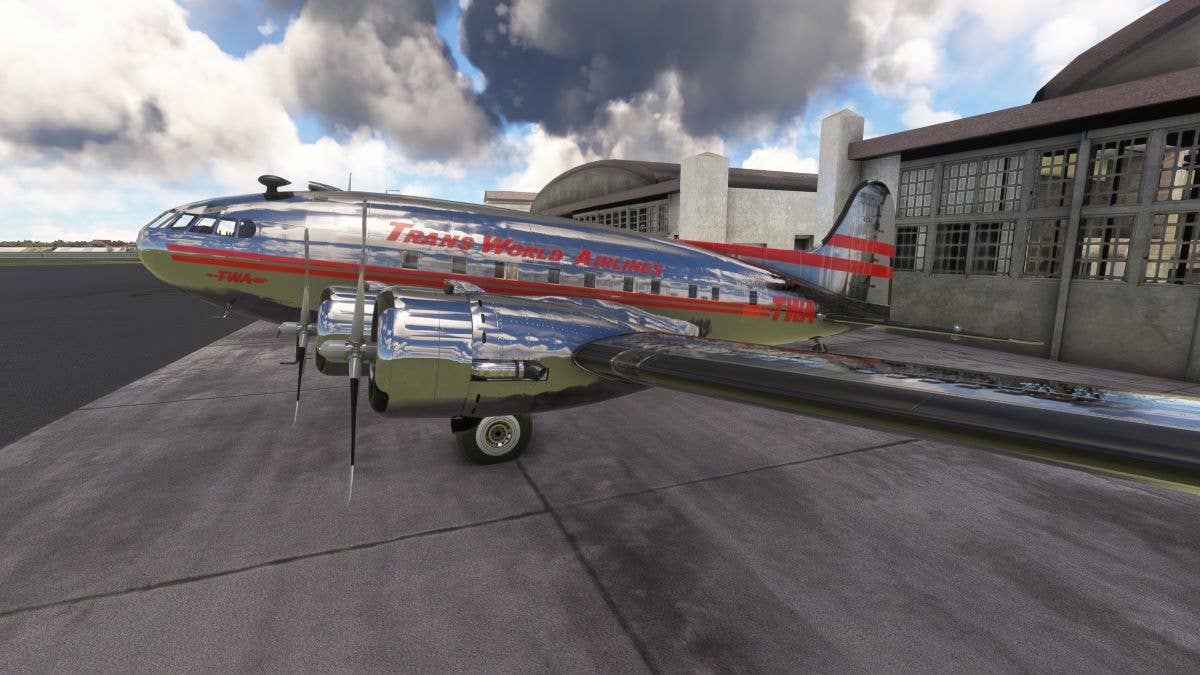Skyborne Campus, Programs Expand at Vero
We get a tour of the academy’s flight line to train pilots for FAA certification in the U.S.
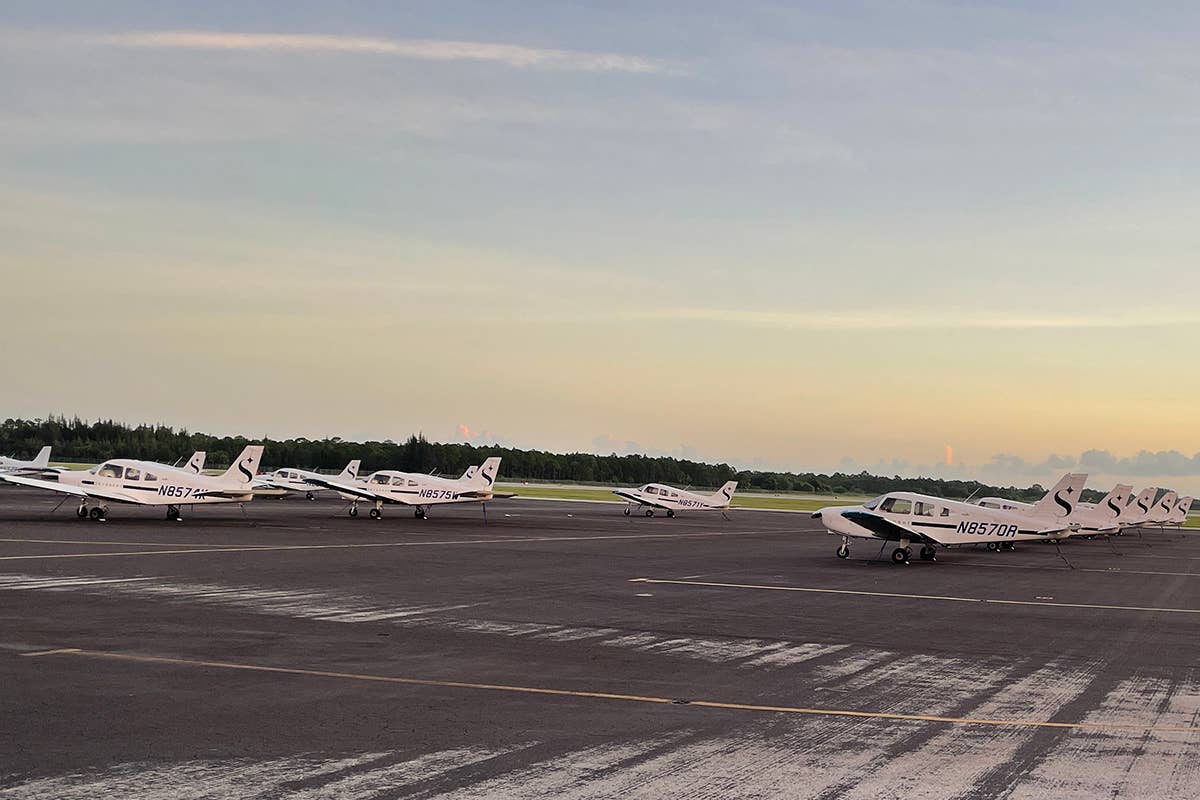
Skyborne Airline Academy fits firmly into the high end of the FTO market. [Photo: Julie Boatman]
Potential career pilots in the U.S. have traditionally looked to four main avenues for the pursuit of professionally tracked flight training: universities and colleges with aviation programs, Part 141-compliant flight training organizations, Part 61-based flight schools, and the military.
Under the second category, a wide range of Part 141 FTOs exist, with flavors ranging from just above the mom-and-pop level to global aviation academies that rival the airlines’ training centers—and are often affiliated with airlines in providing graduates to them as applicants.
Skyborne Airline Academy fits firmly into this high end of the FTO market. And, even though they’re relatively new as an FAA-based certification program on U.S. soil, their global reputation and foundation makes them an interesting candidate for a wannabe pilot seeking an integrated training program from private to airline transport pilot.
FLYING made a visit to Skyborne earlier this summer to see exactly how that promise might be fulfilled for an aviation career-minded prospect. Lee Woodward, CEO of Skyborne, Ed Davidson, managing director, and Paul Wosner, director of operations, walked us through the facility and flight line to introduce the academy’s position in the market and expectations for the future.
Home Base: Vero Beach
Skyborne has its first base in Gloucestershire, England, and was established by Woodward, and co-founders Ian Cooper (COO) and Tom Misner (chairman). The FTO acquired the assets of FlightSafety International’s FTO, Flight Safety Academy’s 10-plus-acre campus in Vero Beach, Florida, in a deal that concluded on April 30, 2021. Since that point, the company has been hard at work developing both the physical plant itself and translating its proven program under the European Union Aviation Safety Agency (EASA) to an FAA metric and course structure.
The right leadership makes for a training difference: “Skyborne’s philosophy is just all about excellence—that’s genuinely what we seek to do,” Woodward said. “It’s the user experience [we seek] for the training and for the staff, that’s the thread that runs through, whether it’s in the U.S. or the U.K. or beyond.”
Modernization of the facility has come first, starting with the main administrative building on the Vero Beach campus. “The rest of it will come,” said Woodward, “with interactive screens, the technology, all fiber connections in the building so people can upload and download properly—we brought the 21st century into the building.”
Change has come on the maintenance side too, “with new software and processes into maintenance and flight operations, and on the training side as well,” said Woodward. The leadership brought over a number of “talented individuals” from Skyborne’s U.K. operations.
Skyborne took over the previous FSA fleet as well, with 50 aircraft split between Piper Warriors, Arrows, and Seminoles.
Woodward envisions a fairly “autonomous” operation at Skyborne’s Vero location—and that makes sense when you look at the differences between delivering an EASA-based integrated ATP license course, and an FAA-based commercial/multiengine/IFR course towards an ATP certificate. The full course program is advertised for $78,000 and includes uniform, Gleim subscription, and exam fees, with other add-ins possible.
Total time for the course:
- 186 hours classroom
- 148 hours briefing/debriefing
- 186.5 hours aircraft time
- 45.5 hours in the AATD
Pilots-in-training can live on-site at the airport, making for an easy walk to the flight line, classrooms, or sim for $6,000 for 10 months’ accommodation.
CFI Scholarship Funding
If those prices seem to stretch the budget, Skyborne has an even sweeter deal for applicants who need a financial boost to keep going. For those completing the FTO’s Airline Academy Program, the company has committed $2.5 million in training funds through scholarships to graduates who wish to continue on to be instructors at the academy.
Essentially, Skyborne will cover the costs of training sessions towards the initial CFI certificate, and instrument instructor (CFII) and multiengine instructor (MEI) ratings—up to $25,000 per graduate.
As Woodward described it, “We are thrilled to be able to open our training to a wider pool of applicants. The Airline Academy program welcomes more people to the skies while providing them with an opportunity to discover whether an airline career is the right path for them. This allows everyone to benefit from an inclusive early stage of training while still providing our airline partners with highly qualified pilots who are carefully selected later down the line.”
Davidson concurred: “The Skyborne CFI Scholarship is an exciting prospect because it opens the door for Airline Academy trainees to continue their flying at a professional level with complete financial support across multiple instructor qualifications. We want to encourage as many as we can to pursue their dreams in aviation and in airline careers specifically, so having the opportunity to provide the resources for them to do it is extremely rewarding.”
With airline partners including United’s Aviate program, SkyWest, Delta, Endeavor, Envoy, and JSX, options are plenty for those who complete the Airline Academy program and build time as a CFI.

Subscribe to Our Newsletter
Get the latest FLYING stories delivered directly to your inbox

